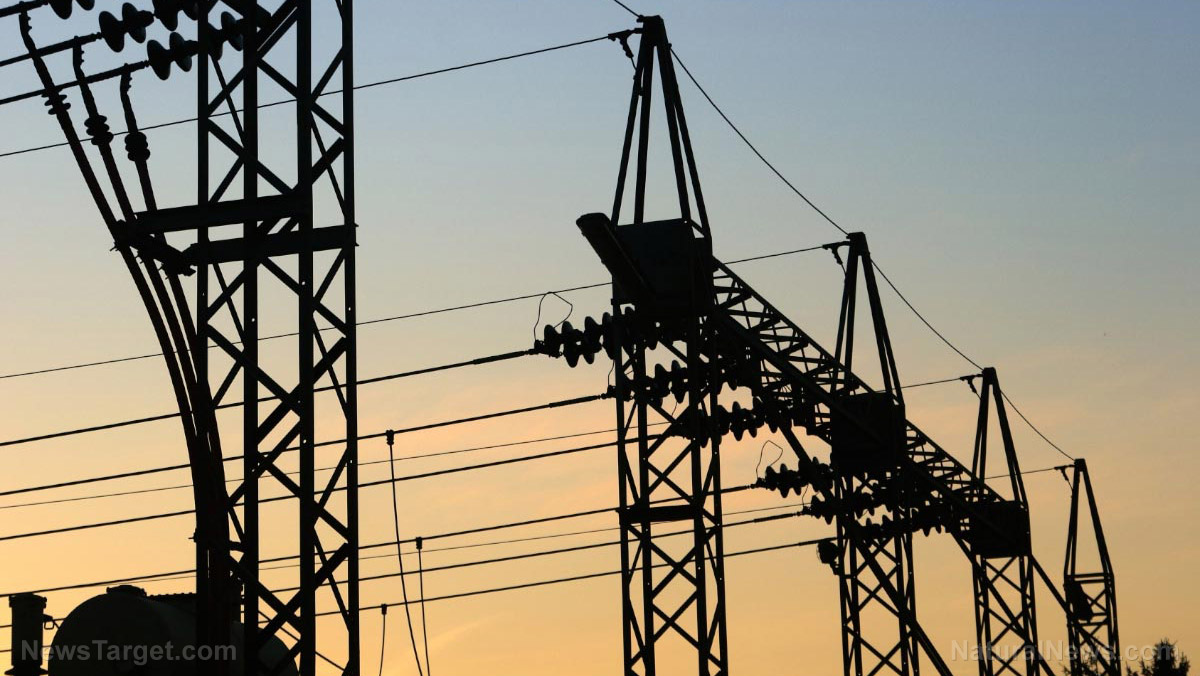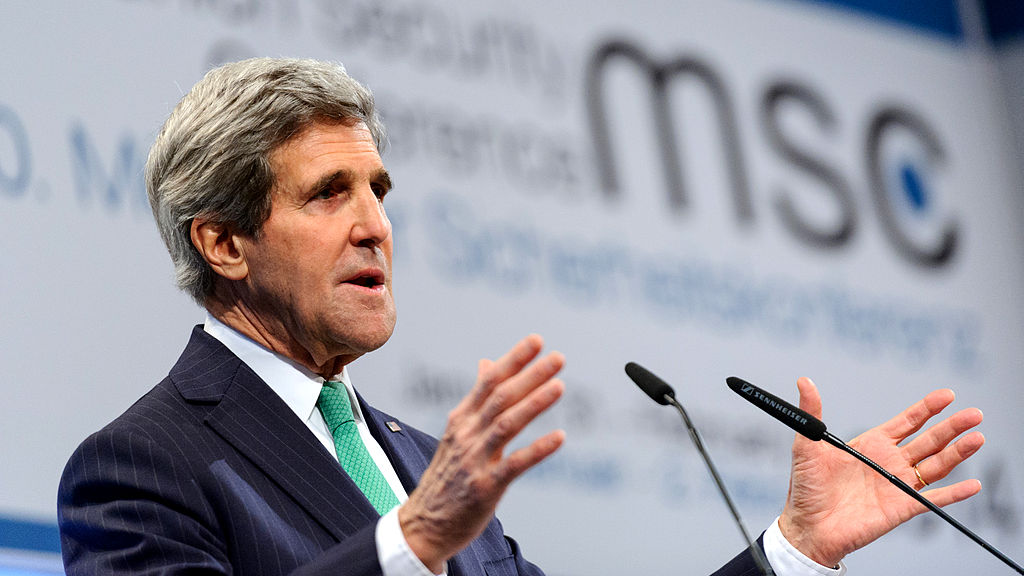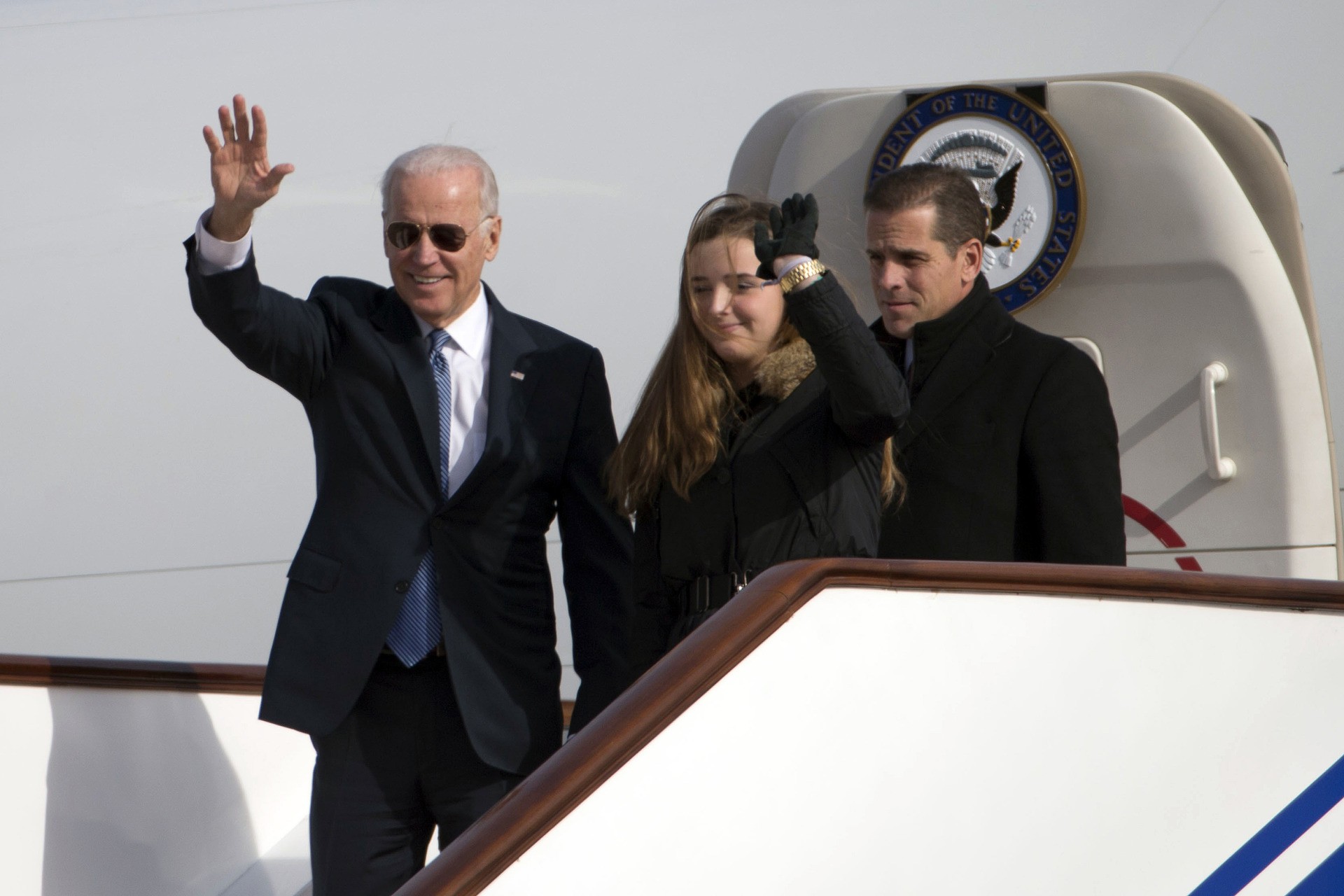“IT malfunction” brings Germany’s Volkswagen factories to a grinding halt
10/04/2023 / By Zoey Sky

On Sept. 7, Volkswagen reported that it was hit by a major IT outage that caused production at several plants in Germany to screech to a halt.
Volkswagen, Europe’s top carmaker, added that the whole group, which includes the Porsche AG and Audi brands, was affected by the “IT malfunction.”
A spokesperson for Audi said that production at the division has been affected, adding that the extent of the impact is being analyzed. Porsche AG did not reply to requests for a comment.
Volkswagen is already dealing with reduced production at its all-electric Zwickau plant, where decreasing demand for battery-powered vehicles may change a long-standing three-shift system.
According to Volkswagen, there was an unspecified “IT malfunction of network components” in Wolfsburg, Germany, its global headquarters. The outage affected several German sites in Dresden, Emden, Hanover, Osnabrueck and Zwickau, along with component factories in Braunschweig, Chemnitz, Kassel and Salzgitter. (Related: Volkswagen reconsidering plans to build new EV battery plants in Europe due to soaring energy costs.)
“According to current analyses, an external attack is unlikely to be the cause of the system malfunction,” assured Volkswagen. The company is treating the incident as a high priority and is now working to fix the problem.
Volkswagen may shift output from Germany due to gas shortage
Volkswagen has previously reported that it may shift production out of Germany and Eastern Europe if a shortage of natural gas persists, suggesting that the energy crisis unleashed by the Russia-Ukraine war is threatening to topple Europe’s industrial landscape.
The company said it is considering moving production as one of the options in the medium-term if gas shortages last beyond winter. Volkswagen operates major factories in Germany, the Czech Republic and Slovakia, which are some of the most reliant European countries on Russian gas.
In a statement, Geng Wu from Volkswagen Consulting, the automaker’s in-house consultancy, explained that as mid-term alternatives, the company is aiming for “greater localization, relocation of manufacturing capacity, or technical alternatives,” which is already common practice in “the context of challenges related to semiconductor shortages and other recent supply chain disruptions.”
Southwestern Europe or coastal zones of northern Europe, which have better access to seaborne liquefied natural gas cargoes, could benefit from a production shift, added a Volkswagen spokesman.
Volkswagen operates car factories in Belgium, Portugal, Spain and other countries that host liquefied natural gas (LNG) terminals.
According to Volkswagen, it should be able to maintain production in the upcoming months if Germany continues to fill its gas reserves. However, rising energy prices and instability in supply chain networks could threaten global production.
Meanwhile, Michael Heinemann, another Volkswagen executive, declared that the automaker will reduce its natural gas intake by over 20 percent, the minimum set by the government.
In total, Volkswagen could reduce its consumption across European locations by a mid-double-digit percentage figure, but Heinemann did not specify an exact number.
Learn more about Volkswagen and other automakers and their electric cars at RoboCars.news.
Watch the video below to learn why Volkswagen pulled all advertisements from X (formerly Twitter).
This video is from the KevinJJohnston channel on Brighteon.com.
More related stories:
Manufacturing EV batteries in EU “practically unviable” due to soaring energy costs, says Volkswagen.
Saudi Arabia signs $5.6 billion deal with China to boost the kingdom’s EV industry.
Sources include:
Submit a correction >>
Tagged Under:
automakers, cars, Collapse, computing, cyber war, electric cars, electric vehicles, electricity, energy supply, fuel supply, gas shortage, Germany, Glitch, inflation, IT malfunction, power, power grid, products, rationing, robocars, scarcity, supply chain, Volkswagen
This article may contain statements that reflect the opinion of the author
RECENT NEWS & ARTICLES
COPYRIGHT © 2017 POWER NEWS




















